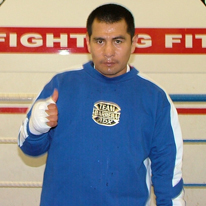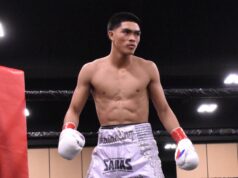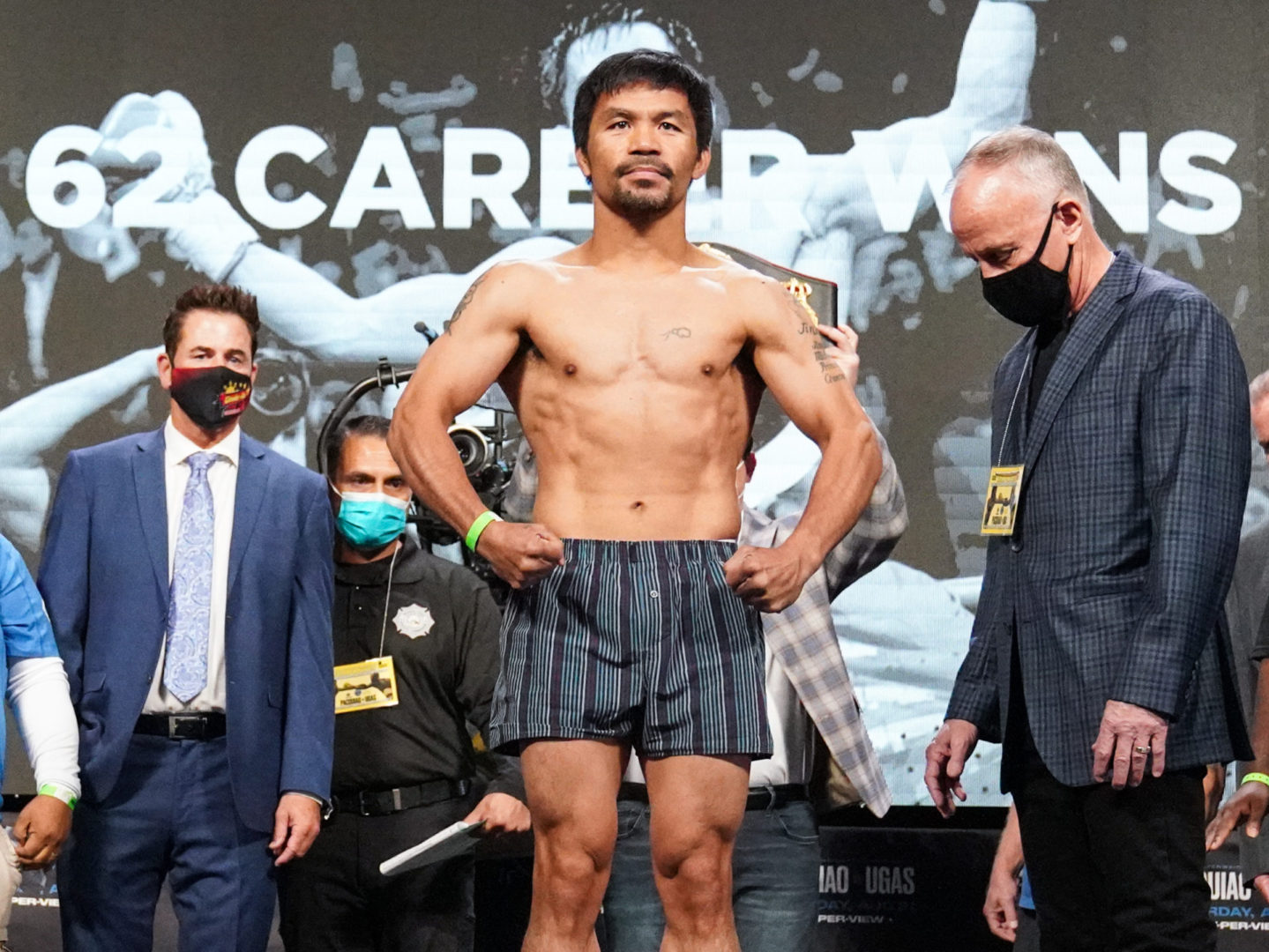By Bart Barry-

In only its second week, 2016 promises a paucity of suitable subjects to rival its predecessor. Rather than write 52 columns without end, we begin a new series called “To the contrary” – in which I will select some column from my archives and rewrite it, expressing a different, if not wholly opposite, opinion in celebration of subjectivity.
*
About 9 1/2 years ago, I wrote a preview of Marco Antonio Barrera’s rematch with Rocky Juarez and called it “No polemical decisions.” Today I rewrite it.
*
At a recent dinner after a Celebrity Theatre card with the creator of this site, John Raygoza, the subject of a charismatic local cruiserweight’s intellect got broached.
“He’s a smart guy,” said John.
“No,” I said, “he’s a smart fighter. Out in the rest of the world, there are lots of smart guys.”
What the hell does this have to do with Saturday’s rematch in Las Vegas between Mexican Marco Antonio Barrera and Texan Rocky Juarez, a mulligan for May’s match, one for which Barrera was ill-prepared when Juarez, a short-notice replacement, very well may have beaten him on any honest scorecard in California? Admittedly little, though it might have a goodish amount to do with Barrera, or at least our perception of him.
Back to that in a moment. First, a few reasons why Juarez might fare worse in his rematch with Barrera than he did in their first encounter. Juarez hasn’t a championship speed in his gearbox. We saw it in last year’s loss to Humberto Soto. And if ever Juarez’s ambition takes him in the ring with another master like Juan Manuel Marquez or Chris John, we’ll see it there too. Juarez surprised Barrera in May with the rude force of his youth, pouncing on the 65-fight veteran and thoroughly discomfiting him. But if Barrera is perhaps a smart fighter more than a smart guy, he is nevertheless an incredibly smart fighter.
“No me gustan las decisiones polémicas,” said Barrera, when asked why he granted Juarez an immediate rematch.
While “polemical” was a curious choice of words, it signaled Barrera’s decisiveness of craft more than his precision, quickness or relaxation with the Spanish language. Better put: Barrera will not be surprised twice by Juarez’s youthful exuberance. To win a decision that is not polemical against Juarez, Barrera will have to thwart Juarez, dis-couraging him from first bell.
Who better to complete a pattern like that, match to rematch, than Marco Antonio Barrera?
Since Barrera’s 2001 masterpiece against Naseem “The Prince” Hamed, the doctoral dissertation he gave the precocious undergrad Hamed, a roaming exploration of everything from self-defense to balance to concussive leverage to a textured and personal experience with a turnbuckle’s cover, Barrera has been considered by some aficionados, this one especially, more than a smart prizefighter. We considered him a smart guy
But isn’t this always the way with eloquence? In a postmodern haze of admiration, that our own cant might someday be admired by other postmodernists, we find ourselves enraptured by the words another man chooses, excited by our own imagining of him crouched over a dictionary improving himself with a rapacity like ours.
Some persons’ eloquences are a paragon of willfulness and discipline, perhaps, but most of us evince nonlinear systems’ sensitivity to initial conditions more than our own striving. A human’s capacity to grow from a pair of microscopic cells to an NBA center, after all, is nonlinearity’s calling card. And the initial conditions?
Homes in which our native languages are spoken well by the adults we hear speaking before we know what language is, before we have even a concept of “we” to assign letters to – these form the initial conditions that, subjected to hundreds of millions of iterations, eventually form a capacity with sounds and letters we are told is eloquence.
Barrera grew up in the relative luxury of Mexico City with parents who spoke the language well. His accent is upper-middleclass, his confidence appreciable Has he strived to improve his use of the language? Possibly. Did he have a considerable head start on peers raised in homes where Spanish was spoken less eloquently? Certainly. Does he feel a touch of contempt when he hears them speak? Probably.
Along with what close, and fairly unfair, decisions their first two fights brought, Barrera’s eloquence and evident breeding offended the sensibilities of nemesis Erik Morales, a tijuanense Barrera once derisively called an “Indian,” enkindling a rivalry outside the ring detrimental to the men as what they’ve now done to one another during 108 minutes of sanctioned violence together.
In their public exchanges, Barrera has contented himself to play the diplomat, leaving Morales, and tacitly encouraging him, to play the role of resentful savage. Barrera’s charm, an eloquence that occasionally strays from detached insight to gilded emptiness, got displayed yet again in Tucson a few months back when, as Golden Boy Promotions’ designated partner, Barrera was ringside at Desert Diamond Casino.
Asked if he might someday welcome an induction to boxing’s hall of fame alongside his rival Morales, the way Michael Carbajal recently accompanied Humberto Gonzalez, Barrera paused then replied:
“For our part, there is nothing against Morales. I have always said that he is a great champion. It does not displease me that we are mentioned together.”
It was pure Barrera – eloquent and disingenuous to the last.
Bart Barry can be reached via Twitter @bartbarry










